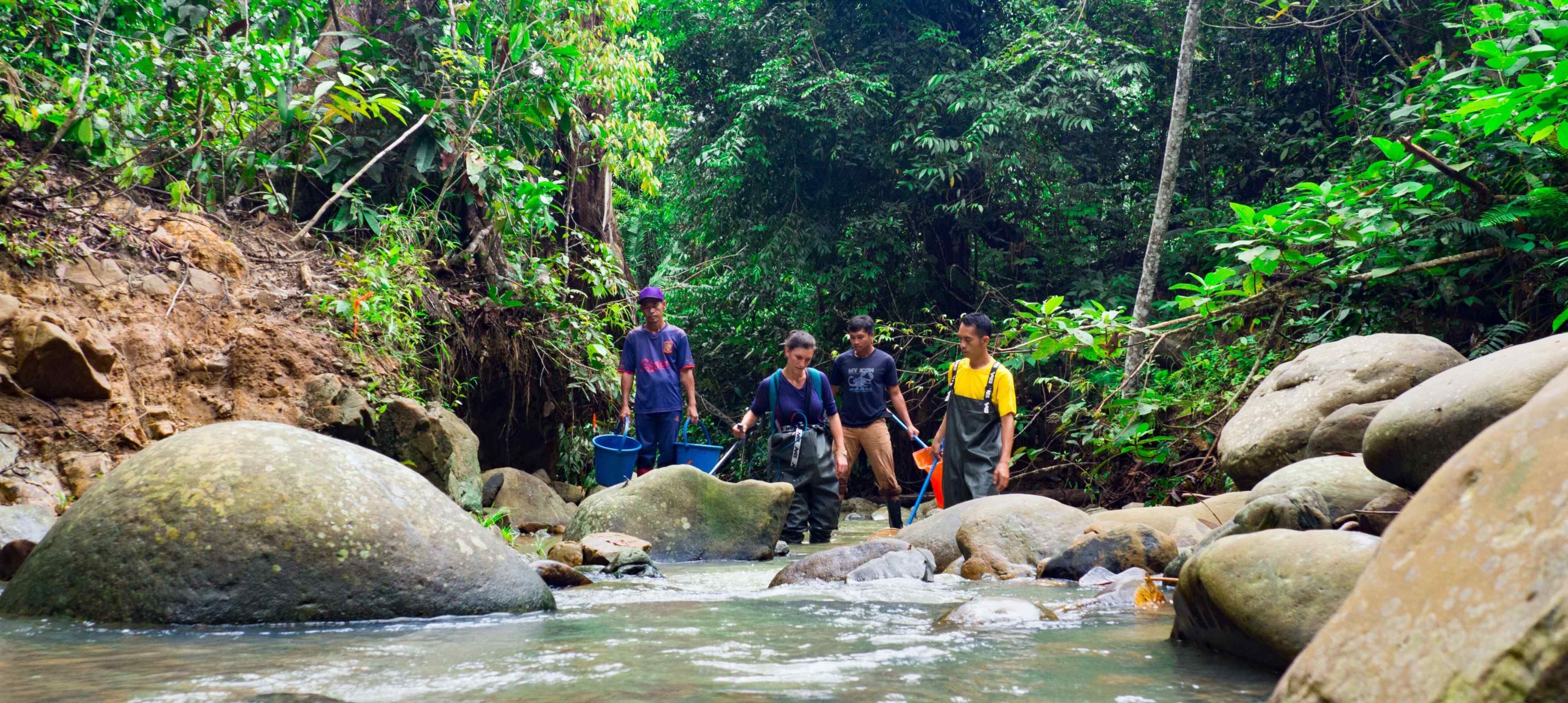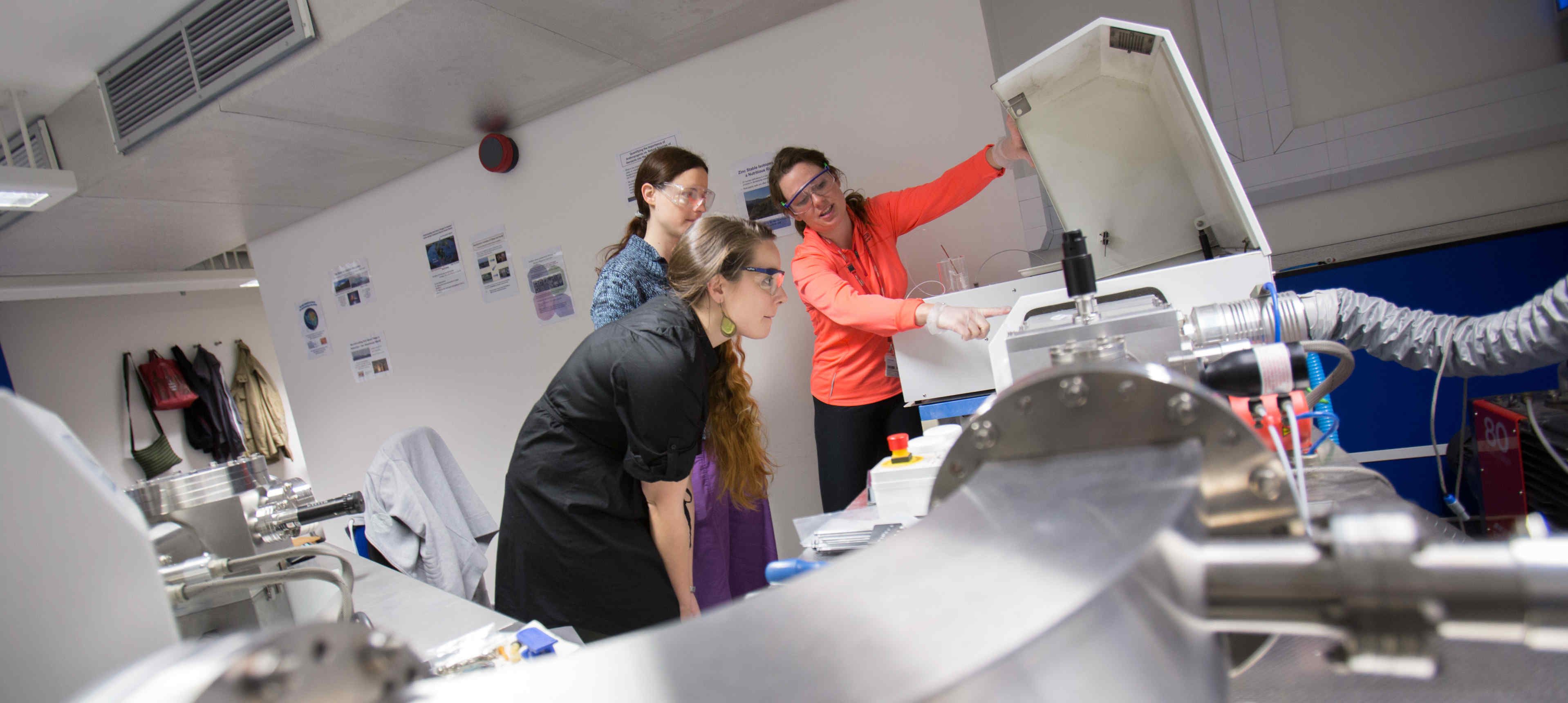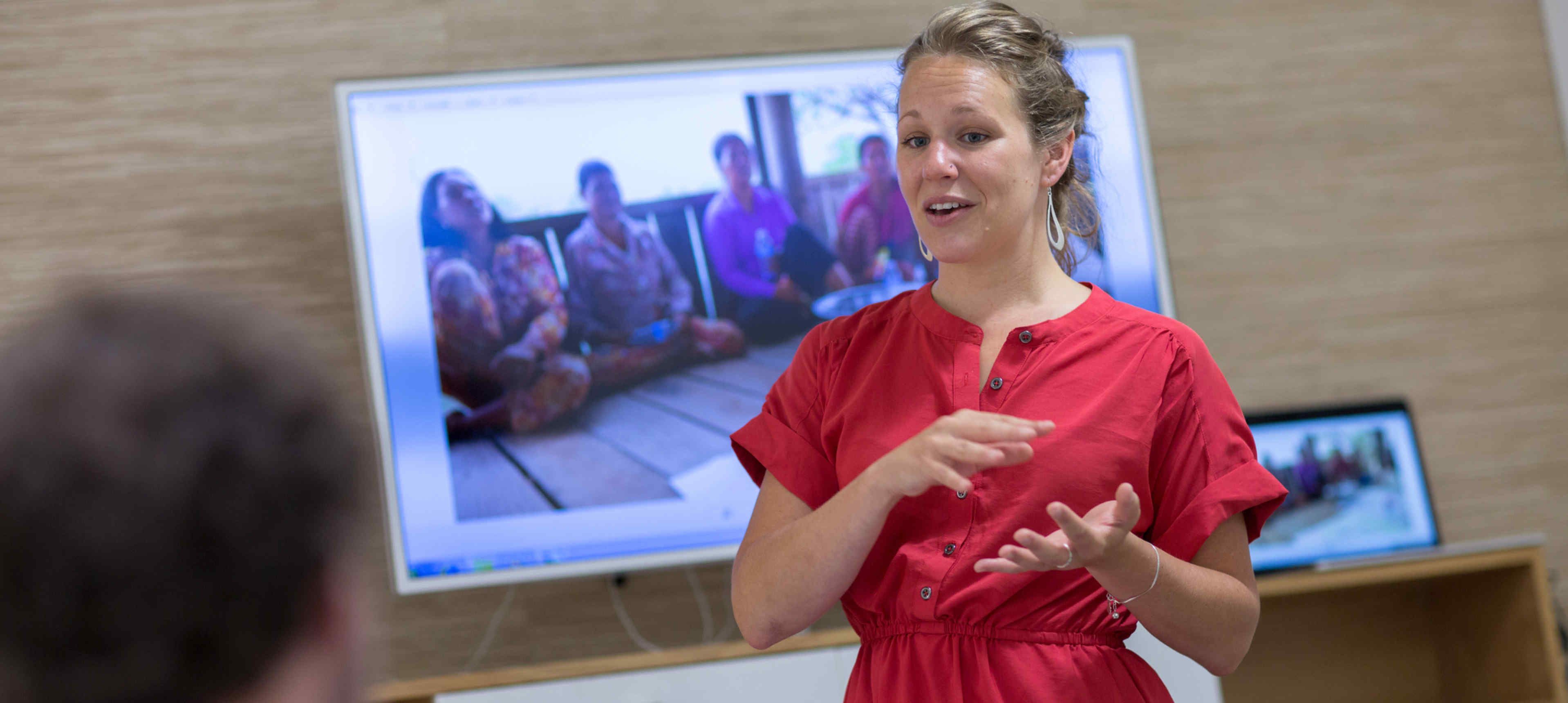It is vital that we utilise the world’s resources in a way that ensures the planet and societies are sustainable. This requires a deep understanding of the science of how complex ecosystems function and change, and how we can transition society to more sustainable practices, at scale, that create a lasting positive impact.
Sub-themes
Within each theme, we have identified sub-themes of particular areas of research strength, and areas that offer opportunities to build new strengths. These sub-themes will be developed and refined by working groups.
- Circular Economy and Sustainable Manufacturing – developing systems approaches to whole-life-cycle manufacturing that move businesses towards integrated and sustainable approaches that encompass design, recycling, raw materials, sustainability and economics
- Towards Zero Pollution – incorporating energy, materials, urban design and human health
- Energy Transition – moving from fossil fuels to sustainable energy sources, including strengths in electric vehicles, wind, nuclear, fuel cells, energy storage, and the smart grid
- Understanding Complex Ecosystems – food security, climate resilience, managing human dimensions of species extinction, and how environments impact health and disease
- Clean Water – infrastructure and waste management, urban hydrology and de-pollution, and using mathematical modelling to promote healthy oceans
- Economics of Climate Change – identifying investment opportunities in renewable energy, clean technologies, and climate-resilient infrastructure that will support our sustainable future
Cross-faculty initiatives
Our world-leading research and teaching in health are exemplified by our cross-faculty initiatives and specialist centres.



--tojpeg_1578907216454_x4.jpg)


